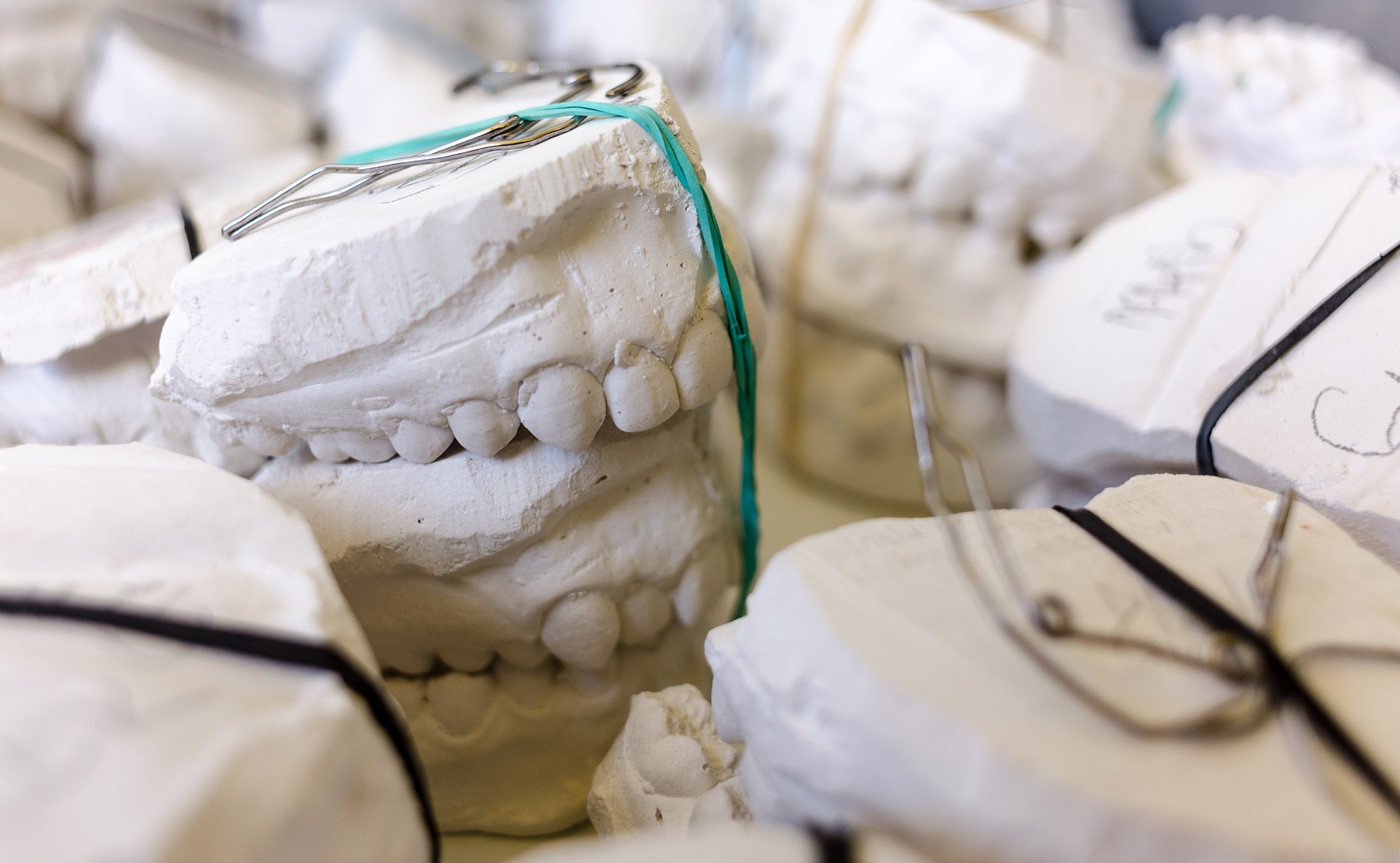Australian media blames death of bodybuilder on “protein shakes” but it was actually caused by rare genetic disorder
08/23/2017 / By Cassie B.

The media is using the death of a West Australian fitness model as an opportunity to warn people about protein shakes and supplements while glossing over the contribution that a rare genetic disorder played in her unfortunate passing. While publications like USA Today use sensational headlines like “Mom’s death blamed on bodybuilding supplements ahead of competition,” they only tell part of the story.
Twenty-five-year-old Meegan Hefford started complaining to her mother that she was feeling out of sorts and sluggish in June. The paramedicine student was found unconscious at home on June 19 and died in the hospital three days later. The mother of two had been a competitive bodybuilder since 2014, and her diet consisted mainly of protein-rich foods like egg whites, lean meat and protein shakes.
It was later discovered that she had a rare genetic disorder that prevented her body from properly breaking down the protein in her diet. The metabolic disorder, known as Urea Cycle Disorder, only affects around one out of every 8,500 people, but the precise incidence could be underestimated because a lot of cases go undiagnosed.
Normally, a person’s body is able to remove the nitrogen that is created by protein metabolism from their blood by changing it to urea and removing it via urine. Those with the disorder are unable to do so, however, and nitrogen accumulates in their blood in the form of toxic ammonia. It eventually reaches the brain, where it can lead to permanent damage, coma and death.
Disorder often goes unrecognized
The genetic disorder can range from very mild to severe, depending on the level of urea cycle enzyme function a person has. Experts say that in some cases, it can be mild enough that the body can cope until there is a trigger, such as stress, a viral illness, or a diet that is unusually high in protein. The symptoms sometimes go unrecognized, with excessive tiredness and a lack of concentration often being blamed on something else. Experts say some people mistake it for the flu, and patients who show up at the emergency room with symptoms are sometimes even mistaken for being intoxicated.
Hefford was not aware she had this disorder because it is not something that people are routinely tested for. This hasn’t stopped Hefford’s mother from calling for tighter regulations on protein supplements after finding containers of such products in the young woman’s kitchen.
Raising awareness about urea cycle disorders
While it’s understandable that her mother would want to use her passing as an opportunity to raise awareness, wouldn’t a more effective course of action be to publicize her disorder and encourage people who consume high amounts of protein to be tested for it? Perhaps this tragedy and others like it could be avoided if people were tested for the disorder.
Even the Australian Medical Association has said that protein supplements are not dangerous for most people, even if they are not necessary for everyone to take. Moreover, high-protein diets are not generally harmful for healthy people.
According to the Harvard School of Public Health, it can be difficult to determine a person’s ideal intake of protein but there are calculators that can help people figure out an appropriate range depending on individual factors.
A simple serum test of ammonia levels is all it takes to find out if you have the problem, and it could even save your life if you have a particularly high level of protein consumption. Although there is no cure for the disorder, many patients can manage it easily through a balanced diet. In some cases, special amino acid supplements might be needed, while more severe cases could require a liver transplant.
Sources include:
Submit a correction >>
Tagged Under:
bodybuilding, fake news, genetic disorders, Media Lies, metabolic disorders, protein metabolism, protein supplements, rare disorders, urea cycle disorder
This article may contain statements that reflect the opinion of the author
RECENT NEWS & ARTICLES
COPYRIGHT © 2017 HOAX NEWS




















